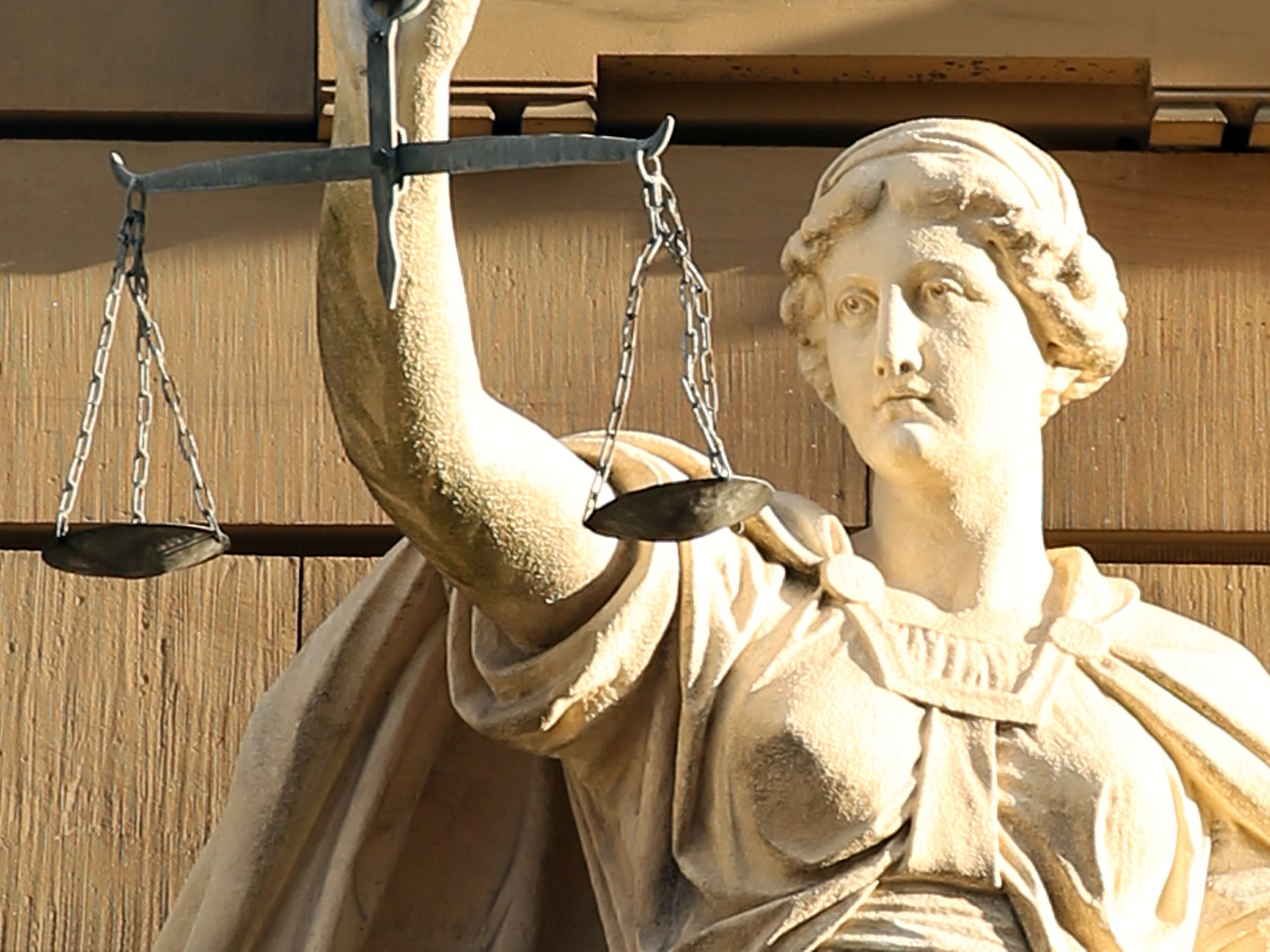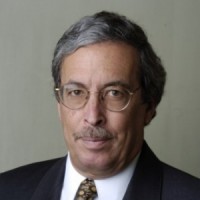
Picture free of rights
The trial of the former president of Chad (1982 to 1990) brings to court someone pursued by the international justice system for years. His crimes have been well documented, yet he has been able to avoid prosecution while traveling abroad to various countries or while living comfortably in Senegal. A new government in Dakar has changed all of this, and Hissène Habré has been brought to trial before a special tribunal in Senegal on charges of crimes against humanity, war crimes and torture.
Do you believe in justice? Habré is being tried by the first court established by the African Union for human rights violations. It is also the first time that a former African head of state has been tried by a country not his own for such crimes. Between 1982 and 1990, some 40,000 people were killed by the Habré regime. Almost 25 years have gone by. Two thousand five hundred witnesses have testified leading up to the tribunal. Reed Brody, a tenacious lawyer with Human Rights Watch, and colleagues have been gathering evidence and tracking the dictator for years.
There has been a tremendous outpouring of satisfaction that this trial has started. Justice seems to be being served. Someone who has been accused of horrendous crimes is finally being brought to trial. Although the former president has refused to testify and to recognize the legitimacy of the court and the charges against him, there is a general feeling that he will no longer be able to travel abroad and to live comfortably in Senegal. Someone who has avoided the consequences of his actions for 25 years is finally being judged for what he did.
The concept of justice is not simple. John Rawls’ idea that we should make judgments based on certain universal principles behind a veil of ignorance denies the context in which decisions about justice are made. Habré argues that he is the victim of selective justice. Other Africans point to the record of mostly Africans being charged with similar crimes. Others still point to the actions of people like Henry Kissinger to show how subjective Western ideas of justice can be. See, for example, The Trial of Henry Kissinger by Christopher Hitchens, an examination of alleged war crimes of Henry Kissinger, the assistant to President Nixon for National Security Affairs and later Secretary of State.
What is justice? Is it somehow like pornography that we cannot define but we know it when we see it? Classic texts like the Odyssey and the Book of Job are all about justice. Although the gods and God seem rather flippant in their actions, especially the discussion between Yahweh and the Devil concerning the righteousness of Job in the beginning of the book, in the end Odysseus returns to his wife and son and kills the malicious suitors and Job, after all his suffering, is also rewarded in the end for his righteous behavior. Both classic narratives appeal to our innate sense of justice.
Are all peoples’ actions judged by similar standards? Do standards evolve over time? What was acceptable at one time in history, such as slavery, is now universally condemned. Same sex marriages were illegal in most states in the United States until the recent Supreme Court decision made same sex marriage legal in all of the United States.
While norms, mores and laws may change, Habré’s crimes will never be acceptable. Not at all. What I am saying is that justice is extremely difficult to define universally. In international humanitarian law, for example, it may be permissible during a conflict to shoot into a hospital or a school; it depends on the context.
We feel satisfied that a person like Habré has been captured and brought to trial. He will get his due. Reed Brody and his colleagues deserve enormous praise for their perseverance. But we should also question why certain other crimes are never reported and their perpetrators never brought to trial. On the 40th anniversary of the end of the Vietnam War, questions can certainly be asked about the use of Agent Orange in Vietnam, as can be about the use of atomic weapons over Hiroshima and Nagasaki, the fire bombings of Dresden, the use of chemical weapons by President Assad; the list could go on.
While there is certainly satisfaction in seeing Habré being brought to trial, I suggest we refrain from euphoric statements about how justice has triumphed, and remember the wonderful phrase of Professor Lon Fuller about “the unfolding purpose of the law.” The unfolding purpose has no finality; justice itself is an unfolding process.
The article had first been published on Daniel Warner’s blog, hosted by la Tribune de Genève.




Laisser un commentaire
Soyez le premier à laisser un commentaire